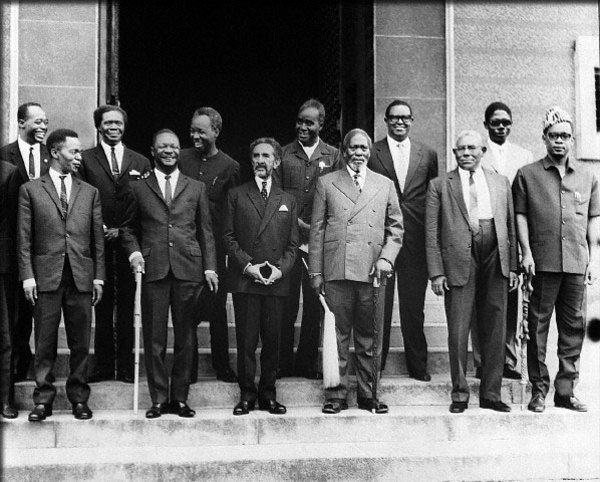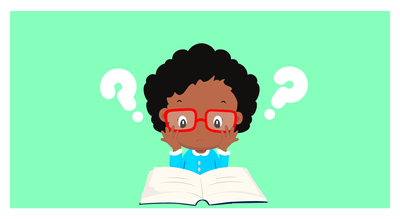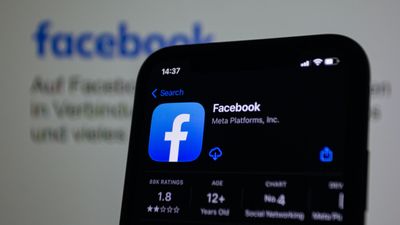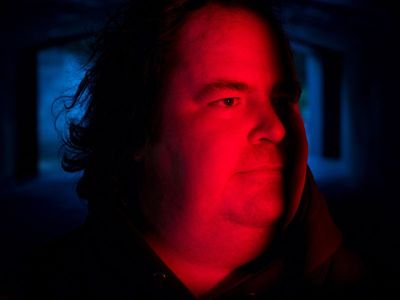The month of May is generally and loosely celebrated as "Africa month," more specifically the 25th of May has become known as "Africa Day," a day on which we celebrate our continent. Importantly, on 25 May 1963 over 20 Afrikan heads of state and other representatives met in Addis Ababa, Ethiopia (one of the reasons why the headquarters of the African Union are located in the same city), hosted by Emperor Haile Selassie.
It was on that day that the Organisation of African Unity was founded.
The main aim of the OAU at the time was to push for the decolonization of Angola, Mozambique, South Africa, and Southern Rhodesia (from European nations) given that already two-thirds of Afrikan countries had achieved independence.

There is only one race
The late Robert Mangaliso Sobukwe, addressing the race question in a speech he made in 1959, once said:
“The Africanists take the view that there is only one race to which we all belong, and that is the human race. In our vocabulary therefore, the word ‘race’ as applied to man, has no plural form. We do, however, admit the existence of observable physical differences between various groups of people, but these differences are the result of a number of factors, chief among which has been geographical isolation.”
It is with the words “there is only one race to which we all belong, and that is the human race.” With that, for me, he laid to rest the question of race when it comes to being Afrikan. It is also something I discussed with Nothando Migogo, i.e. in our native Afrikan languages we never addressed a grouping of people using their skin color as a descriptor, rather, we used words to describe some of their observed characteristics.
This brings me to Kwame Nkrumah's words.
“I am not African because I was born in Africa but because Africa was born in me.”
With that sentence and those words, Nkrumah poetically addresses the issue of what it means to be Afrikan.
Being Afrikan
Looking across Africa, we are faced with many challenges. Although many of these challenges are a result of colonization and its long-term effects, we have to ask: “what have we done to improve the lives of Afrikans since gaining independence?”
It is when you ask this question that you realize that the pace of improvement of the quality of life for many Afrikans has been rather slow. It is when you ask this question that you go back to what Nkrumah and Sobukwe said and ask yourself if an elected leader does not deliver services for the benefit of their citizens, are they really Afrikan?
To be Afrikan also means to be of service to Afrika. To develop the continent and its people.
— By Tefo Mohapi







